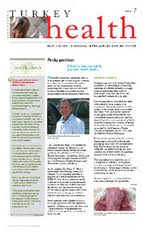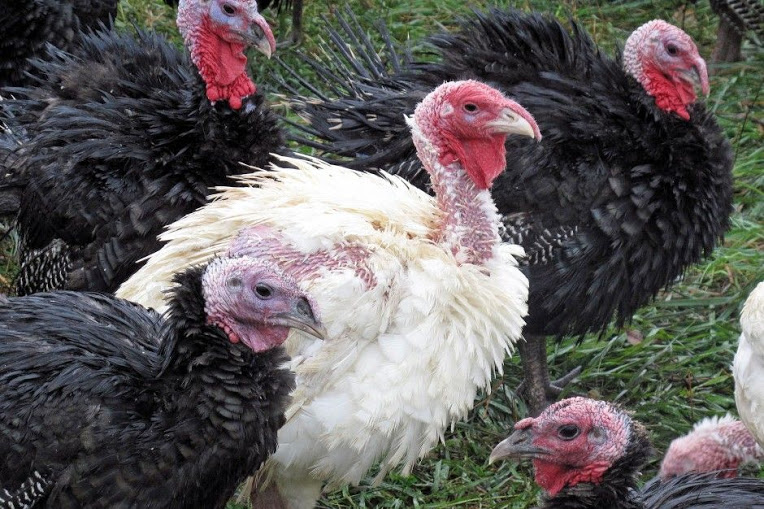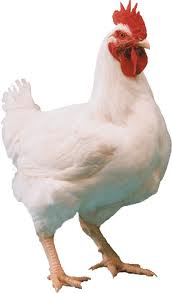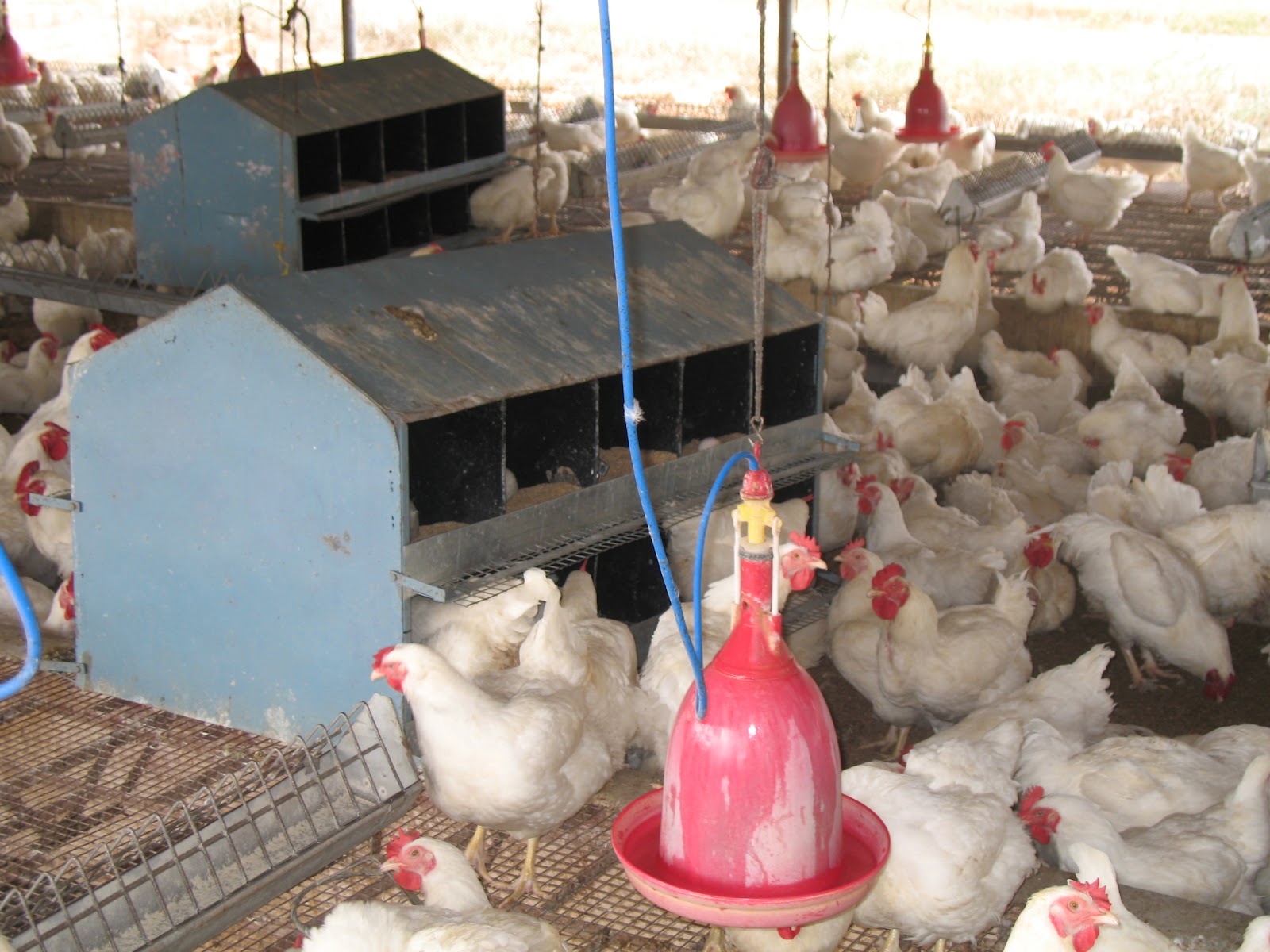Early stage (starting) of brooding is of crucible importance for poults as they are reluctant to eat and drink, hence have more tendency to perish than chicks or ducklings for unknown reason. Therefore, they should be provided with ample facilities for feeding, drinking, and lighting.
Intensive rearing has made turkey more susceptible to various infections and control measures through preventive Managing Health of Turkey is the best principle to minimise disease risk. Turkeys must be immunised against diseases like RD, turkey rhinotracheitis, pox, pasteurellosis and erysipelas. The necessity for full or partial immunisation depends on disease prevalence in the area of turkey raising as well as on their population. In case of isolated rearing units little protection can suffice the purpose, while in thickly populated areas complete preventive vaccination protection may be essential.
In recent years, the main ailment affecting turkey badly is turkey rhinotracheitis, which is latest viral entity causing losses in turkeys all over the world. It leads to serious deleterious effects on birds of all ages predisposing them to secondary invaders like viruses, bacteria, etc. to cause severe trouble.
Mortality upto 25-30 per cent is common with heavy loss of production in survivals. Fruitfulness of treatment is uncertain. Management improvement by supplying increased floor space, adequate ventilation, fresh litter, better sanitation and hygiene along with toxic principles free enriched diets is of greater help to control the ailment.




